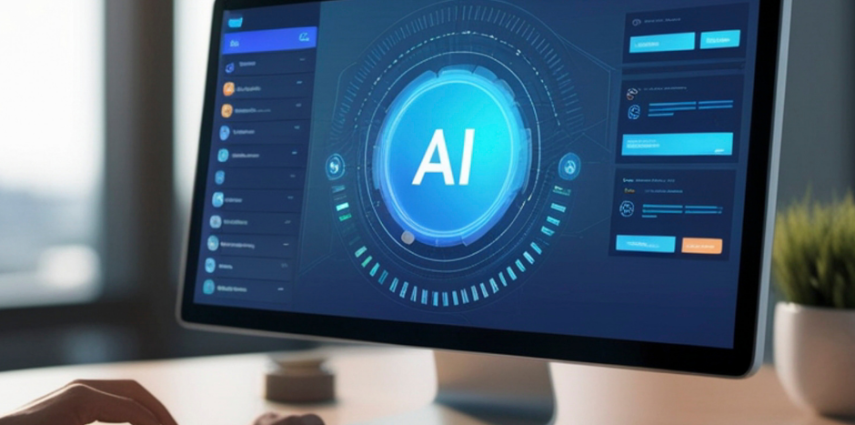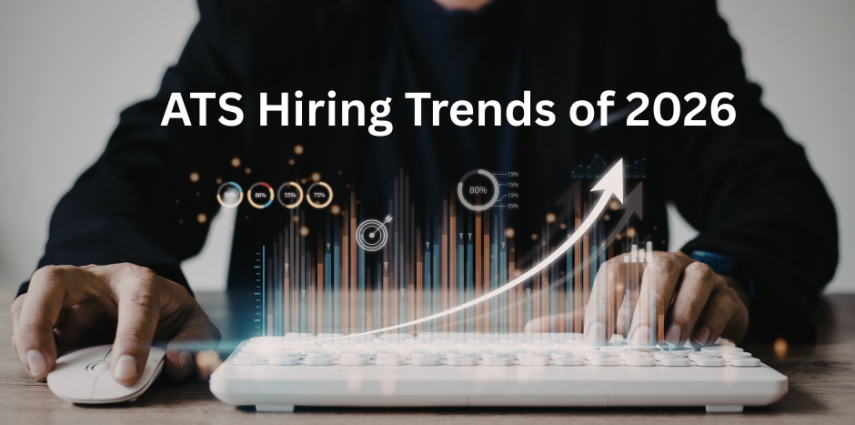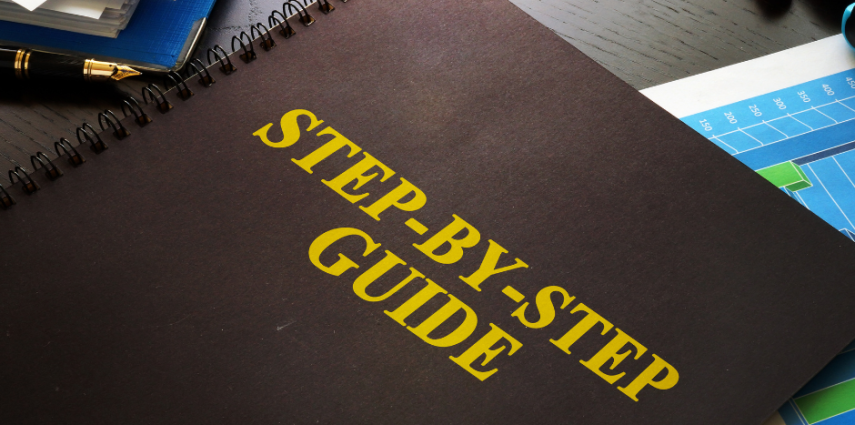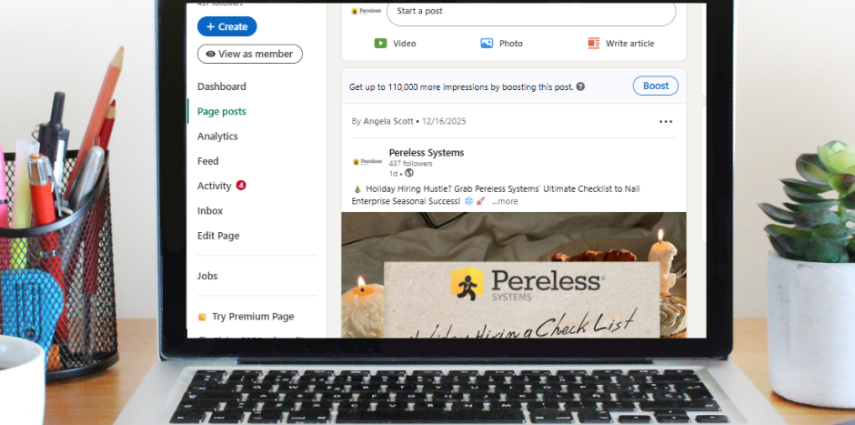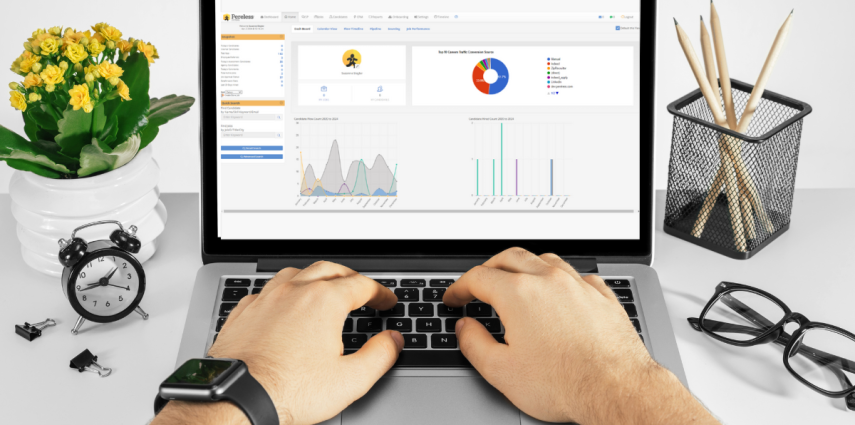In 2026, AI is no longer optional in recruiting — it’s everywhere. From resume screening to automated interview scheduling, nearly every hiring team uses some form of automation. Yet something surprising is happening.
While AI adoption continues to rise, talent leaders are doubling down on human judgment, critical thinking, and skills-based decision-making.
So what changed?
The answer lies in the human-AI partnership in hiring — a model where AI handles speed, scale, and signal detection, while humans focus on context, empathy, and strategic decision-making.
This shift defines the most important recruiting trends of 2026. Organizations that rely only on AI are drowning in noise. Those that blend AI efficiency with human insight are building stronger, more resilient teams.
In this guide, we’ll explore:
-
The top recruiting trends shaping 2026
-
The rise of AI agents in talent acquisition
-
Why skills-based hiring is exploding
-
How to restore humanity to recruitment
-
And how to build a winning human-AI strategy for the future
What Are the Top Recruiting Trends in 2026?
Recruiting in 2026 is defined less by tools and more by how those tools are used. Technology is no longer the differentiator — strategy is.
🔑 The most impactful recruiting trends in 2026 include:
-
AI agents embedded across the hiring funnel
-
Skills-based hiring replacing pedigree-based screening
-
A renewed focus on candidate experience
-
Human oversight as a competitive advantage
-
Smarter filtering to combat application overload
Let’s break these down.
The Rise of AI Agents in Talent Acquisition
AI agents are no longer just passive tools. In 2026, they actively support recruiters across the entire hiring lifecycle.
Modern AI agents in talent acquisition can:
-
Parse and rank resumes at scale
-
Identify skill adjacencies and transferable experience
-
Automate candidate communications
-
Flag bottlenecks in the hiring pipeline
-
Surface high-potential candidates humans might overlook
But here’s the key distinction:
AI agents assist — they do not decide.
The most successful organizations use AI to reduce administrative burden, not replace recruiter judgment. When AI is positioned as a co-pilot instead of an autopilot, hiring teams move faster and hire better.
Why Skills-Based Hiring Is Exploding in 2026
One of the clearest recruiting trends of 2026 is the shift toward skills-based hiring.
Degrees, titles, and brand-name employers are losing relevance. What matters now is:
-
Can the candidate do the work?
-
Can they learn quickly?
-
Can they think critically in real-world scenarios?
Why skills-based hiring is winning:
-
Expands talent pools
-
Reduces bias in screening
-
Aligns hiring with real performance outcomes
-
Supports internal mobility and reskilling
AI helps identify skills faster — but humans validate fit, adaptability, and potential. This is a perfect example of the human-AI partnership in hiring at work.
Restoring the Human Element in an AI-Driven Process
Ironically, the more AI enters recruiting, the more candidates crave human connection.
Job seekers in 2026 are frustrated by:
-
Automated rejections with no context
-
Ghosting caused by over-automation
-
Interviews that feel transactional
-
Lack of transparency in hiring decisions
Forward-thinking organizations are intentionally restoring humanity to recruitment by:
-
Using AI to free up recruiter time
-
Personalizing touchpoints where it matters
-
Training recruiters in communication and empathy
-
Making hiring decisions explainable and fair
AI provides speed. Humans provide trust.
Challenges in 2026: Fake Applications, Signal Noise & Pipeline Gaps
While AI accelerates recruiting, it also introduces new challenges.
⚠️ Key hiring challenges in 2026:
-
AI-generated resumes and applications
-
Increased application volume with lower signal quality
-
Candidates gaming keyword-based screening
-
Talent pipeline drop-off due to poor experience
This is where critical thinking in hiring becomes essential.
Recruiters must:
-
Question AI outputs
-
Spot inconsistencies and red flags
-
Validate skills beyond keywords
-
Apply contextual judgment
AI surfaces the data. Humans interpret the truth.
AI vs. Human Strengths in Recruiting (2026)
| AI Strengths | Human Strengths |
|---|---|
| Speed & scale | Judgment & intuition |
| Pattern recognition | Context & nuance |
| Consistency | Ethical decision-making |
| Automation | Relationship building |
| Data processing | Critical thinking |
The future of recruiting doesn’t choose sides — it combines strengths.
How to Build a Winning Human-AI Strategy in 2026
A successful recruiting strategy in 2026 requires intentional design.
✅ Step 1: Use AI Where It Adds Real Value
Automate tasks that drain recruiter time:
-
Resume intake
-
Candidate matching
-
Scheduling
-
Status updates
✅ Step 2: Keep Humans in Decision-Critical Moments
Ensure recruiters own:
-
Shortlist validation
-
Interviews
-
Final hiring decisions
-
Candidate experience
✅ Step 3: Hire for Critical Thinking, Not Just Keywords
Train hiring teams to evaluate:
-
Problem-solving ability
-
Adaptability
-
Learning agility
-
Communication skills
✅ Step 4: Choose Technology That Supports Balance
Your ATS should:
-
Enhance human workflows
-
Offer transparency in AI recommendations
-
Allow customization and oversight
-
Scale without dehumanizing candidates
This is where modern applicant tracking systems play a critical role — acting as the bridge between automation and human insight.
Why 2026 Is the Turning Point for Talent Acquisition
2026 marks a clear inflection point.
Organizations that rely entirely on automation struggle with trust, quality, and retention. Those that reject AI fall behind on speed and scale.
The winners embrace the middle ground:
AI for efficiency. Humans for meaning.
Recruiting is no longer about filling roles faster — it’s about building teams that last.
Conclusion: The Future of Hiring Is a Partnership
AI in recruiting in 2026 is not about replacing people. It’s about empowering them.
The most effective talent acquisition teams treat AI as a force multiplier — not a decision-maker. They invest in skills-based hiring, restore humanity to recruitment, and prioritize critical thinking at every stage of the process.
2026 is the year recruiting becomes a true partnership:
-
AI delivers speed
-
Humans deliver soul
🚀 Ready to Blend AI Efficiency with Human Insight?
If you’re ready to streamline hiring without losing the human touch, modern ATS platforms like Pereless Systems help teams hire smarter, faster, and more intentionally.
👉 Book a demo and experience the future of recruiting — today!
Sources & References
The following reputable industry sources informed the trends and data referenced in this article:
-
Harvard Business Review – AI, Hiring, and the Future of Work
-
Korn Ferry – Global Talent Trends & Skills-Based Hiring Reports
-
HR Dive – Recruiting Technology & Talent Acquisition Trends
-
World Economic Forum – Future of Jobs Report
-
McKinsey & Company – Human-Centered AI in the Workplace

